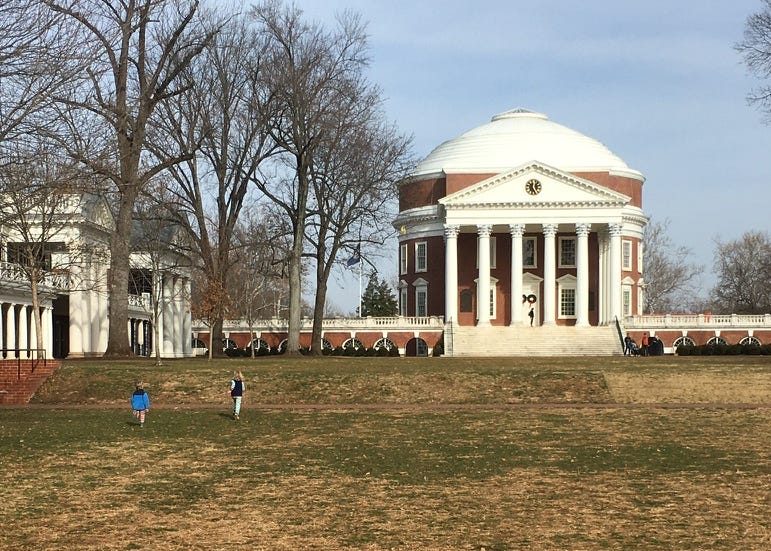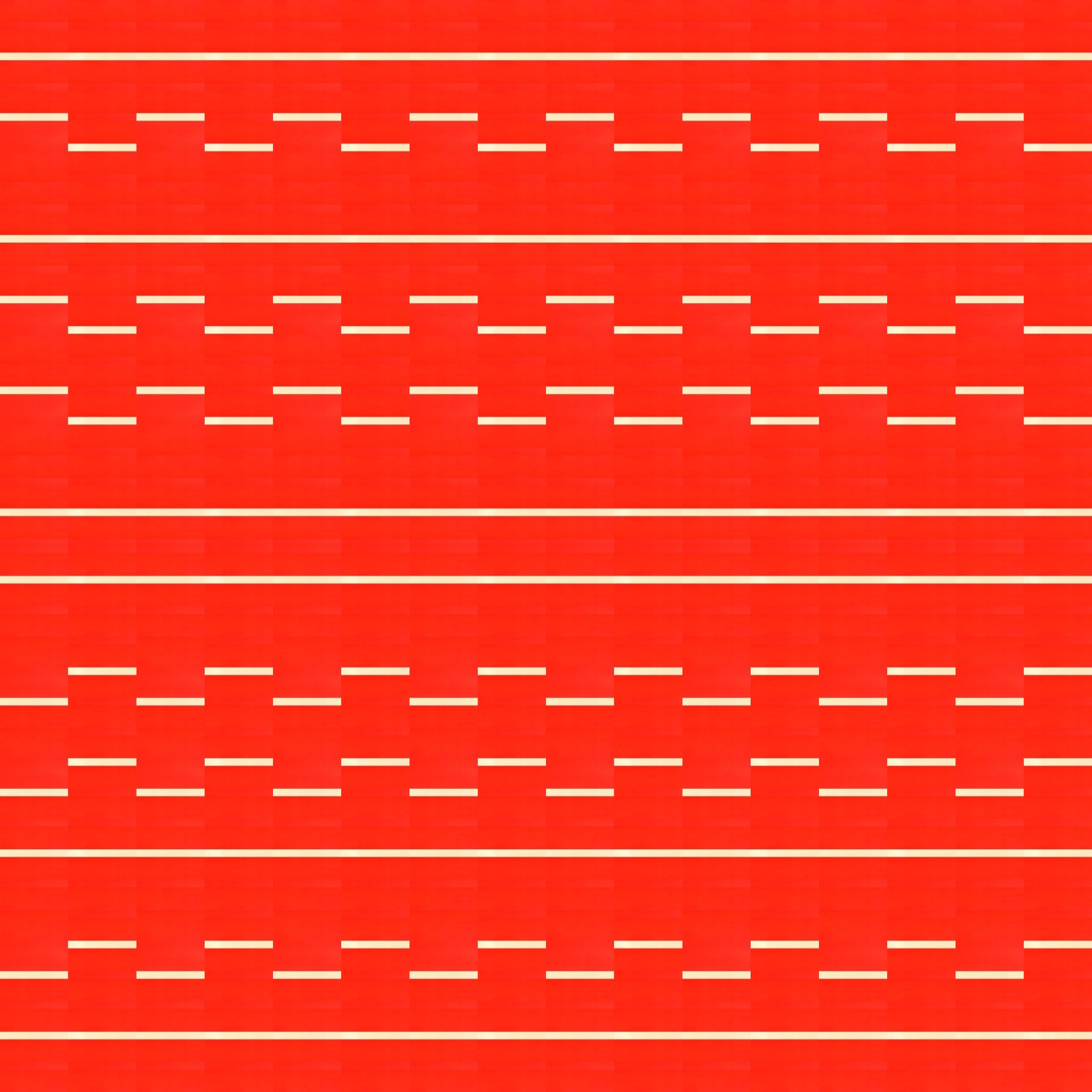
By the end of July 2025, we are expecting delivery of a compute server/workstation capable of running large language models (LLMs) efficiently. This machine will allow for local LLM deployment to support development and use of artificial intelligence workflows in-house. This is part of Oxford IHTM’s efforts to support its current students and its alumni in learning and applying modern tools for global health projects.




